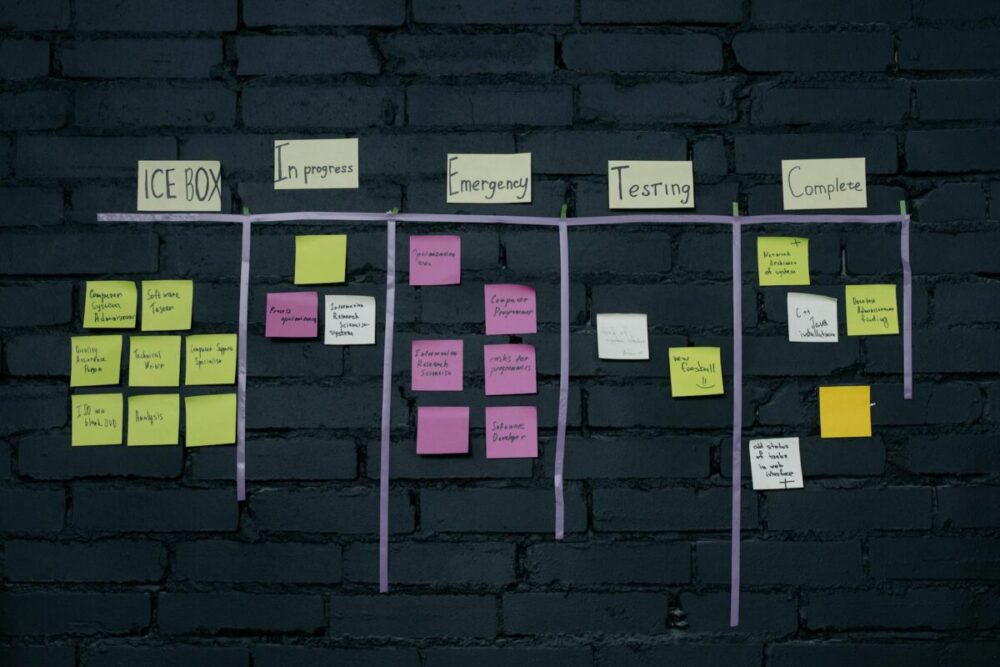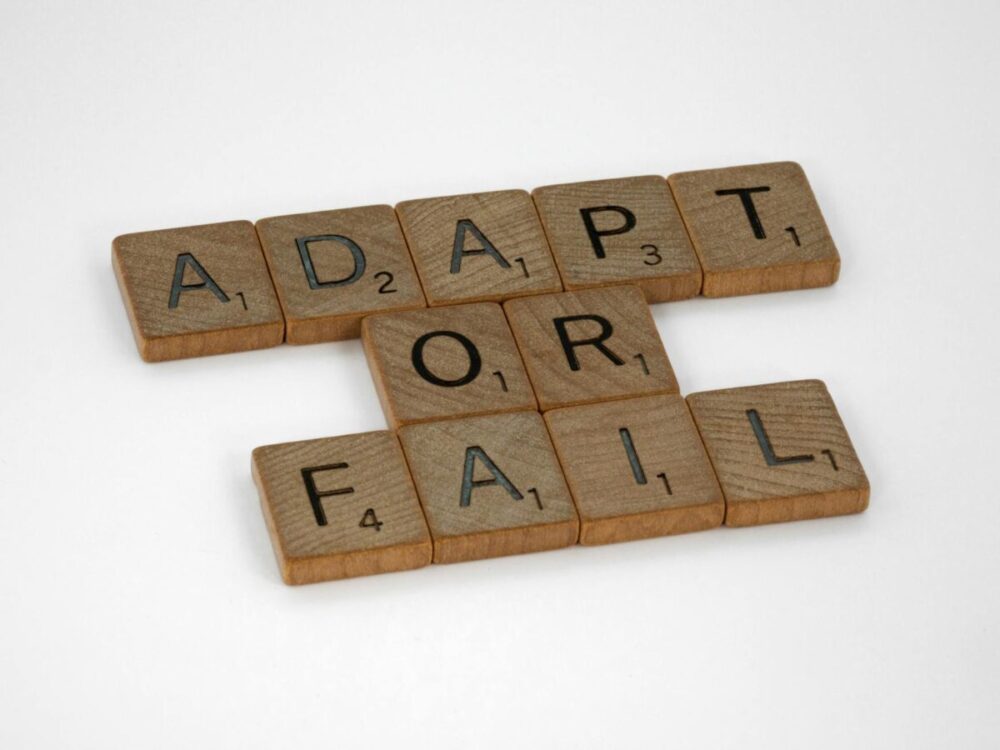Are you aiming to elevate your project management expertise? Mastering core project management hard skills is vital for thriving in today’s dynamic business landscape. Whether leading a team or executing complex initiatives, strengthening these skills will enable more efficient task management and successful project delivery. In this article, we explore three essential project management hard skills and how to develop them, supported by top industry resources.
1. Mastering Project Management Methodologies
A fundamental hard skill for any project manager is understanding various project management methodologies. Familiarity with frameworks such as Agile, Waterfall, and PMI standards allows you to select the most suitable approach for your projects.
- Waterfall: A linear, sequential methodology requiring detailed upfront planning, ideal for projects with fixed requirements.
- Agile: A flexible, iterative approach emphasizing adaptability and continuous feedback, popular in software development.
- PMI Standards: Focused on comprehensive documentation and structured processes, outlined by the Project Management Institute (PMI).
Gaining expertise in these methodologies enables precise planning, risk management, and efficient resource allocation. To deepen your understanding, visit Northeastern University’s Knowledge Hub for detailed insights on different project management frameworks.
2. Developing Skills in Project Planning & Scheduling
Effective project planning and scheduling are core hard skills that directly influence project success. This involves creating detailed project plans, defining scope, setting milestones, and managing schedules.
Key techniques include:
- Using Gantt charts and Work Breakdown Structures (WBS) to visualize project timelines.
- Implementing tools like Trello, Asana, or Microsoft Project for task tracking and scheduling.
- Establishing realistic deadlines and priority setting to keep projects on track.
Improving in this area ensures that project deliverables are met on time and within scope. For practical tips and tools, explore resources on When I Work.
3. Enhancing Risk Management & Quality Control
Proactive risk identification and quality assurance are critical hard skills that safeguard project objectives. This entails conducting risk assessments, developing mitigation strategies, and establishing quality standards.
Steps to bolster these skills include:
- Conducting risk workshops and utilizing risk matrices.
- Applying quality management frameworks such as Six Sigma or ISO standards.
- Regularly reviewing project progress to catch issues early.
A strong grasp of risk and quality management minimizes surprises and ensures project outputs meet stakeholder expectations. For additional insights, refer to Indeed’s guide on improving project management skills.
Conclusion
Enhancing your project management hard skills—through mastering methodologies, project planning and scheduling, and risk and quality management—will position you as a competent and confident project leader. Continuous development in these areas leads to more successful project outcomes, improved team performance, and career growth. Start strengthening these project management hard skills today to drive your projects—and your career—forward! For more on hard skills, visit our blog.
Melinda Osman is the founder of Qwery M, a dynamic platform dedicated to empowering individuals through career counseling, lifestyle tips, and blogging guidance. With a genuine passion for helping others succeed, Melinda leverages her experience and expertise to support personal and professional growth, inspiring her community every day.
Last updated on May 3rd, 2025 at 08:22 am
Discover more from Qwery M
Subscribe to get the latest posts sent to your email.





